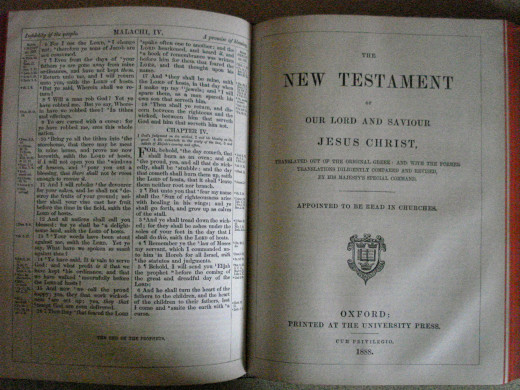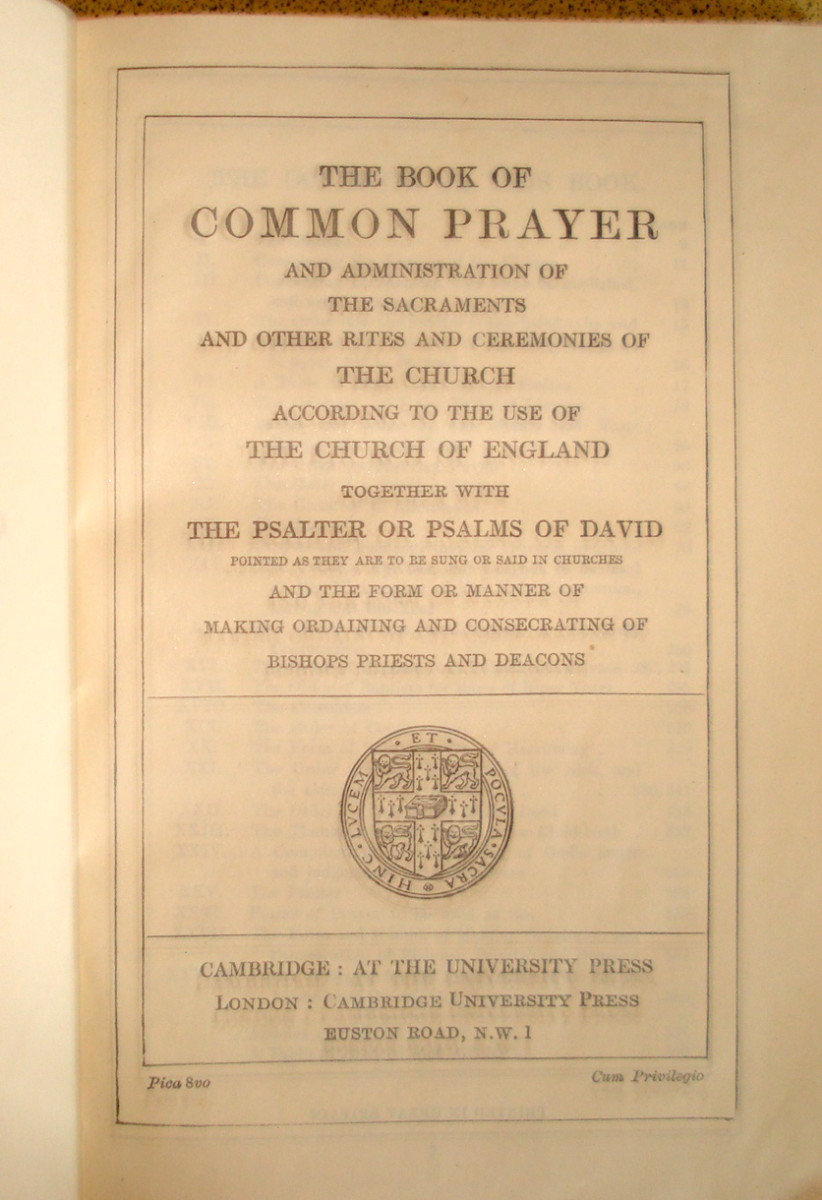Hermeneutical Practice of Jesus and the Apostles in the New Testament
Theology and Hermeneutics
In theology, hermeneutics is the study of interpretative principles as applied to the Bible; it is an appreciation of the techniques of exegesis and provides an understanding of the methods by which exegetical procedures are devised. There are many passages and texts in the Old Testament that can be seen as ambiguous and difficult to understand and hermeneutical theory can assist through the use of methods of analysis. The application of various principles by both Jews and Christians has a long history and is of fundamental importance in assisting believers today in our understanding of the Word of God.
The subject of hermeneutics covers the study of exegetical critical techniques in literary tradition, form, textual and philological aspects. Subdivisions of Biblical hermeneutics include literal, moral and allegorical interpretive principles.

The Old Testament as Reference
The Books of the Old Testament were the Bible for Jesus, for the Apostles and for the writers of the Gospels, the Epistles and other books of the New Testament. Each of these writers employed interpretative principles of Biblical hermeneutics as they 'opened the Scriptures.'
The Scriptures for Jesus: The Old Testament Scriptures were referred to constantly by Jesus in His teaching and some of these occasions were recorded in the Gospels. Jesus knew the Scriptures so well that we find great variety in His use of quotations; as a Jew He held the view that the Scriptures are the inspired and authoritative Word of God, and as Christians we follow His lead. Jesus utilized the Scriptures in His time of temptation, in His teaching and in polemics; He knew them thoroughly. His teaching was based on the principles of the Old Testament writings and he warned (Matt 5.17) against the thinking that His teaching contradicted the Scriptures. Instead, He had come to expound and fulfil them. In contrast with the teaching of the Rabbis, He points to wider, deeper meanings and interpretation of the Scriptures as they were applied to the inner being, rather than the surface, outer meaning.
The Scriptures for the Apostles: The Apostles used Old Testament Scriptures especially when they were working with Jews and Jewish Christians. However, as the Apostles and Disciples were so well versed in the Scriptures, they had become part of their way of thinking so they also used them quite extensively when working with Gentiles (non-Jews). They often quoted and referred to the Old Testament when they were relating the life and mystery of Christ to prophesies and analogies. It is said that there are almost one hundred and seventy direct Old Testament quotations and hundreds of references to the Scriptures and that these make up at least ten percent of the New Testament.
The Scriptures for the Early Church: The Books of the Old Testament were the Bible for the early Christian church and it is helpful if we understand their hermeneutical practice because of its influence on later methods of interpretation.

The New Testament Writers
The Gospels: When the Gospels were written, as we have seen, the Old Testament was quoted and referred to frequently. However, these references were often very free interpretations and were seen in the light of Christ's teaching as they remembered it and not according to the current interpretation in synagogues and temple. They were also not always quoted exactly, but, while the literary form may have been altered, the meaning remained the same as the writers followed the example of Jesus and explored the inner depths of meaning. Again, the Scripture texts were never quoted baldly and left there, but interpretative principles were applied, following the example of Jesus, to explain the Christian situation and viewpoint.
The Epistles: Some of the New Testament Letters were written to groups of Christian Jews and the Scriptures were frequently referred to, quoted and interpreted according to the problems that had arisen and that were usually the cause of the writing of the Letters.
Most of the Letters were written by Paul. He saw his calling to preach the Good News to the Gentiles, who may have not been so well acquainted with the Old Testament Scriptures, so his intention was to avoid them a little. However, as it eventuated, it was a very little as he had been so well trained they had become part of his linguistic foundation and thought and he could not avoid them.
Studying the Gospels and Epistles of the New Testament helps us to gain an understanding of the thinking of the early Christian leaders as they searched for ways to guide the small, scattered communities in how to live as Christians in difficult times in a non-Christian society.
New Testament Exegetes
The past two thousand years have seen many Christian exegetes of New Testament writings and the influence on them of the Old Testament. Interpretation probably began when the Gospels and Epistles were circulated and discussion ensued.
The Patristic Period: This covered about five hundred years, beginning in 95 AD with the writings of Clement of Rome and ending with those of Gregory the Great in 590 AD. During this time, various schools of thought arose, influenced by their environment, but some of their theological teachings were unacceptable and bitter feuds arose between some of the schools. These included the School of Antioch and the School of Alexandria. In the former, emphasis was placed, by exegetes such as Theophilus of Antioch, on historical interpretation and on the use of Typology. The School of Alexandria included Origen and Clement of Alexandria, but because of polemics that arose because of their interpretation of faith they resorted to the allegorizing method and this method influenced the writing of both Jerome and Augustine.
The Medieval Period: The allegorical method continued into the Medieval period, but this was mostly a time strongly influenced by tradition and conformity. Names in this time include that of Thomas Aquinas.
The Reformation Period: A new era for Biblical interpretation came with the emergence of men such as Martin Luther and John Calvin. it was a great release from legalism and stultifying traditions, but the rise of Protestantism also led to many disagreements between theologians. This eventually brought about a swing towards Rationalism with philosophers such as Descartes and Spinoza in the seventeenth century and Berkeley and Kant in the eighteenth century.
The Post-Reformation Period: It was during this time that scholars began to pay more attention to the semantics and lexicology of the New Testament. This greatly aided a better understanding of the texts. it was not until 1751 that Lowth uncovered the system of parallelism in Hebrew poetry and interest in literary forms gained attention of exegetes.

The Purpose of Hermeneutics
Within theology, which is the study of God and our Christian beliefs, we can learn so much from hermeneutics and the application of interpretative principles to the Bible as a whole. As has been seen, the New Testament cannot be studied without knowledge of the Old Testament Scriptures. Christian interpretation of the Scriptures, using the techniques of exegesis and carried out in faith, has a long history and an understanding of this helps us to gain insights into the deeper tenets of our faith. The use of hermeneutical theory can assist in achieving this aim by shedding extra illumination on the Word of God in New Testament writing so the implications can be understood by a contemporary generation of believers.









